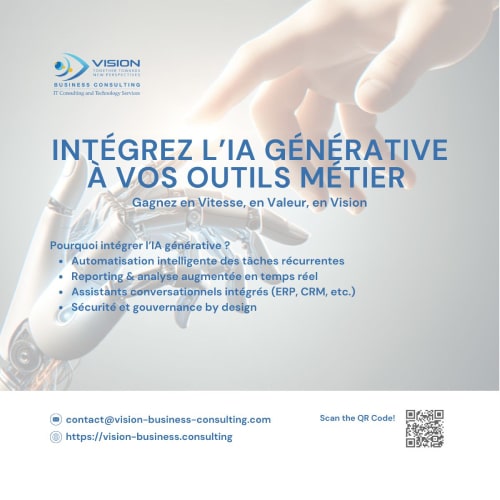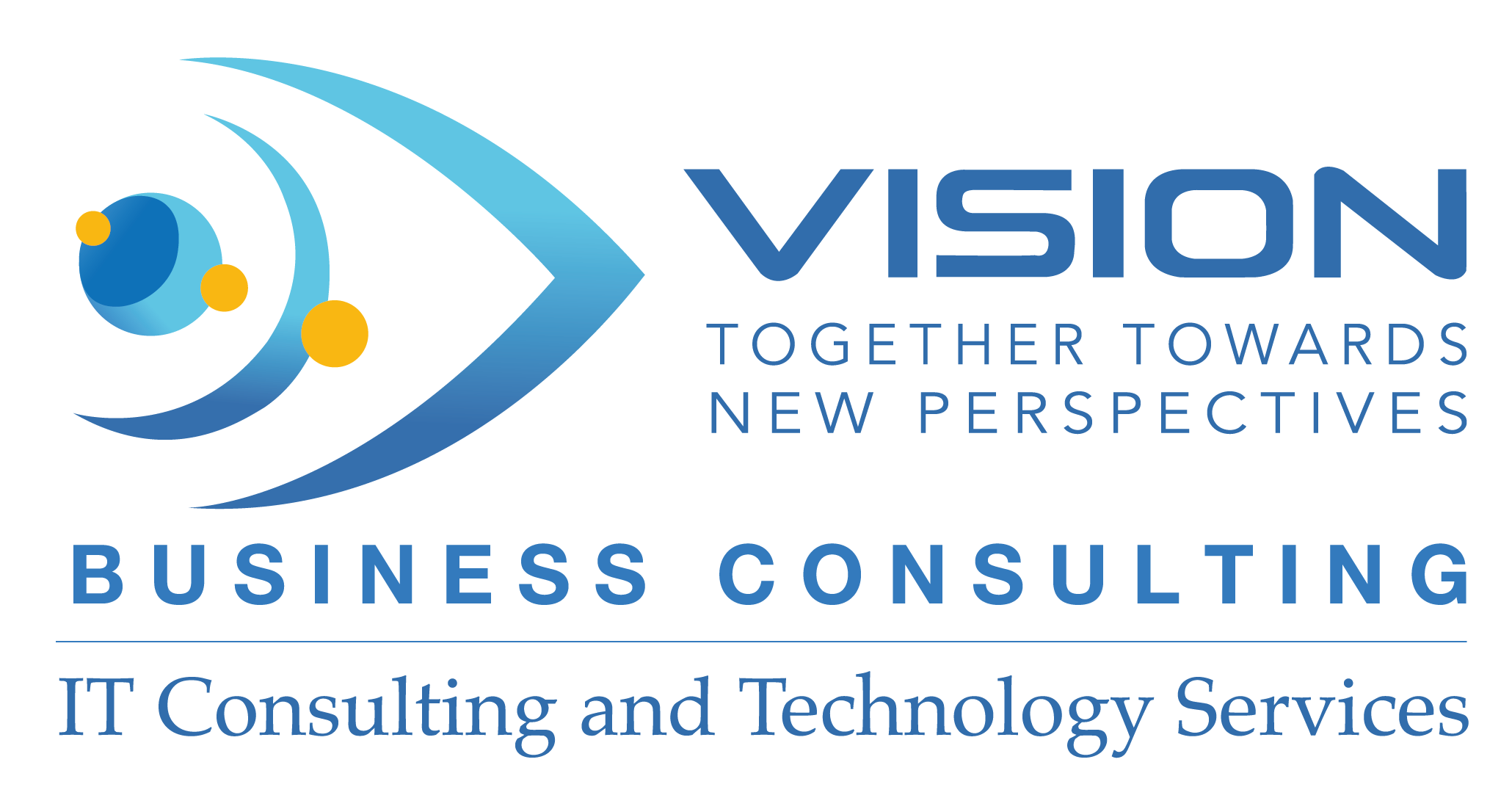
Generative Artificial Intelligence (GenAI) goes far beyond just creating text or images—it is fundamentally transforming how businesses design, automate, and manage their internal processes.
📌 But what does integrating generative AI into enterprise systems actually mean?
➡️ It means connecting AI models (like ChatGPT, Gemini, Claude, or Mistral) to key business systems (ERP, CRM, HRIS, collaboration tools, etc.) to:
🔹 Automatically generate reports, documents, or professional emails
🔹 Summarize meetings or internal customer interactions (integration with Teams, Slack, etc.)
🔹 Respond to internal HR, IT, or accounting requests through intelligent virtual assistants
🔹 Support decision-making with predictive analytics enriched by internal data
🔹 Create marketing, technical, or legal content consistent with company guidelines and policies
⚙️ Integrating GenAI into information systems enables:
✅ Intelligent and personalized automation
✅ Significant time savings for teams
✅ Reduction of human errors
✅ Improved employee and customer experience
✅ Optimal use of internal data
💡 The challenge? Not just experimenting, but industrializing AI use within a secure, governed framework aligned with business objectives.
🛠️ Platforms like Microsoft Copilot, SAP Joule, and Salesforce Einstein are already paving the way—AI is becoming a digital teammate embedded in everyday tools.
🔐 Of course, governance, data security, and model explainability must remain at the core of any integration strategy.
🌍 Generative AI is not just a technology—it’s an organizational revolution.
Companies that integrate it wisely into their systems will gain agility, creativity, and competitiveness.
And you—are you ready to connect AI at the heart of your business? 💬👇
